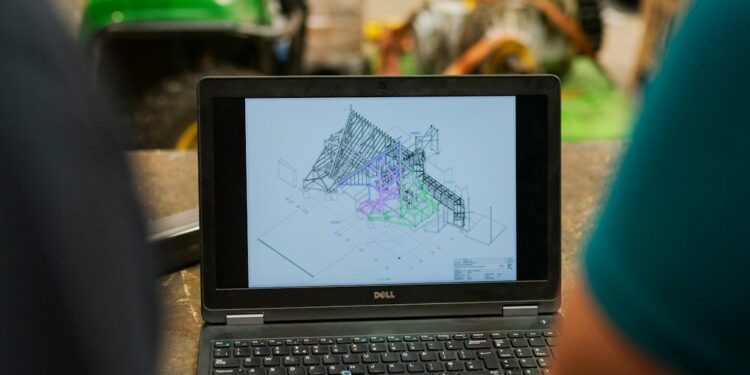Smart cities are rapidly becoming a reality, thanks in large part to the innovative work of civil engineers. These professionals are at the forefront of designing and building the infrastructure that will support the cities of tomorrow, and their work is shaping the future in exciting new ways.
One of the key aspects of smart cities is the integration of technology into every aspect of city life. From transportation to energy systems, civil engineers are working to create more efficient and sustainable solutions for urban living. For example, intelligent transportation systems are being developed to reduce traffic congestion and improve public transportation options. These systems use sensors and data analysis to optimize traffic flow and provide real-time information to commuters.
Civil engineers are also working on smart energy systems that utilize renewable sources of energy such as solar and wind power. These systems can help reduce carbon emissions and make cities more environmentally friendly. In addition, smart buildings are being designed with energy-efficient features that can help reduce energy consumption and lower operating costs.
Another important aspect of smart cities is the use of data and analytics to improve city services and infrastructure. Civil engineers are developing smart grids that can monitor and control energy distribution, smart water systems that can detect leaks and optimize water usage, and smart waste management systems that can track waste collection and recycling efforts. By integrating these systems with data analytics, cities can better manage resources and respond to the needs of their residents.
In addition to technology, civil engineers are also focusing on designing cities that are more livable and sustainable. This includes creating green spaces, pedestrian-friendly environments, and mixed-use developments that promote community interaction. By designing cities with people in mind, civil engineers can create urban environments that are more enjoyable and healthy for residents.
As the world continues to urbanize, the demand for smart cities will only continue to grow. Civil engineers will play a crucial role in designing and building the infrastructure that will support these cities, and their work will have a lasting impact on the future of urban living. By embracing technology, sustainability, and livability, civil engineers are helping to create cities that are smarter, more efficient, and more sustainable for generations to come.
In conclusion, the future of smart cities is bright, thanks to the innovative work of civil engineers. By embracing technology, sustainability, and livability, these professionals are shaping the cities of tomorrow in exciting new ways. As urbanization continues to accelerate, the role of civil engineers in building smart cities will only become more crucial, and their impact on the future of urban living will be profound.















